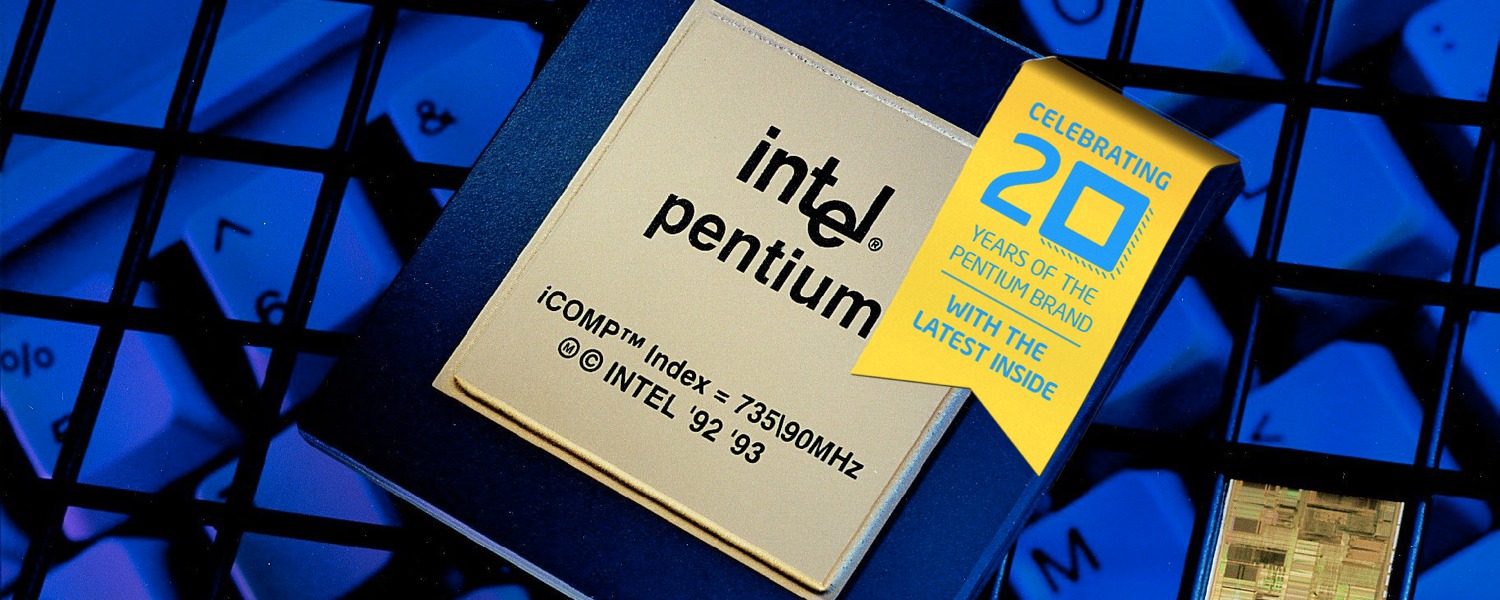ATX Build Case/Power/Storage
Now that we have the motherboard, memory, cooling and graphics card sorted, it's time to work out what case we are going to put it all in, a power supply to drive it all as well as some storage.
Corsair Graphite Series 760T
When it comes to computer cases, there is almost an endless list of viable candidates with no real right or wrong choice. That said, price and performance still play a part.
When overclocking you want a case that will quietly and efficiently remove heat. The Corsair Graphite Series 760T certainly isn't the cheapest option you'll happen upon but it is one of the coolest.
Priced at a budget-busting $190, we wouldn't blame you for choosing a case that makes more sense for this build, such as the Corsair Carbide Series SPEC-01 or Silverstone Redline RL01 at $50 each (we'll toss the hardware in the Redline RL01 too since we just got one in-house). That said, you won't regret it if you do pull the trigger on the Graphite 760T. It's a beautiful case loaded with features you simply won't find on the cheaper options.
The beauty begins on the outside with its sculpted shapes and ingenious hinged window side panel with flush mount latches. The case is available in white or black so keep that in mind if you decide to buy. The front panel has two massive 140mm intake fans that are illuminated via LED light, and there's a dual-speed fan selector for performance or silence.
Inside, there's ample cooling potential, with eight fan mounting locations and room for multiple radiators. In addition, clever touches like modular drive cages and laterally mounted SSD bays maximize interior volume.
The case measures 564mm x 246mm x 568mm and weighs 11.2kg, which is surprisingly light for a full-tower. The case supports the larger E-ATX and XL-ATX boards along with PSUs up to 220mm long, GPUs up to 450mm long and CPU coolers as tall as 170mm. The case comes with three 140mm fans pre-installed, two in the front and one in the rear serving as an exhaust.
Corsair CS Series Modular CS650M
Not sick of Corsair products yet? Good because we have the CS Series Modular CS650M to power this system. Corsair is known for its high-quality power supplies, though they do tend to carry a slight price premium over the competition.
For example quality 650w models start at around $70 and that will buy you a 650w unit from the likes of Rosewill, Gigabyte, In Win or Thermaltake. For $80, more trusted brands become available such as Antec, Cooler Master and SeaSonic.
Those wanting an 80 Plus Gold certified power supply should be prepared to spend around $90 and for $95 the Corsair CS Series Modular CS650M can be had. For the same price, the Cooler Master V650 is also a nice option.
Apart from being 80 Plus Gold certified, the CS Series Modular CS650M is, as its name suggests, a modular unit. The flat-sleeved black cables are removable so you only use the cables you need which helps make for a quick and clean installation.
The CS Series Modular CS650M is also compact measuring just 140mm long while it is cooled using a 120mm fan. The modular cables support six SATA devices, four PCIe power connectors, four 4-pin peripherals and a single floppy connector.
Corsair Force LS 120GB
SSD pricing has plummeted over the past year with some drives available for $0.40 per gigabyte. Still you want to be careful of which brand you choose as warranty periods and firmware support will differ greatly.
Safer brands include Corsair, Crucial, Intel, Plextor, Samsung and SanDisk. Of those brands, Crucial offers the cheapest SSDs right now, as the M500 is fetching just $72 for the 120GB model while the new MX100 costs just $75 for the 128GB version.
The Plextor M6S 128GB can be had for $86 and the Corsair Force LX 128GB just $80. The powerful SanDisk Extreme II 120GB costs $92, while Corsair is asking $95 for their Force LS 120GB. Despite the price premium the Force LS 120GB is a popular drive and we want to see what all the fuss is about.
It boasts pretty impressive read and write performance of 560/535MB/s and it has a Phison PS3108 controller under the hood, which is one of the few SSD controllers we've yet to test. Corsair pairs the PS3108 controller with 19nm Toshiba MLC NAND flash and depending on capacity the write performance will vary.
WD Black 4TB
With only 120GB for the primary boot drive gamers are going to need a much bigger secondary storage device and that usually means a much slower mechanical hard drive. This isn't an essential item if you only have a few games installed at any given time, so it doesn't necessarily have to be factored into the cost.
Furthermore, if you do require a hard drive it might only need to be 1 or 2TB, not a 4TB monster like what we went with. Still, when it comes to hard drives the WD Black series is hard to beat. There are of course cheaper options and WD's own 4TB Green drives sell for just $160, making them a popular choice for budget builds, but they are slower and less reliable than the Black drives in our opinion. At $240, the 4TB Black drive is by far the most expensive component in this build.
The 3.5" desktop Black series is available in 500GB, 1TB, 2TB, 3TB and 4TB models. All feature the 64MB cache and 7200 RPM spindle speed and are backed by a five-year warranty.




